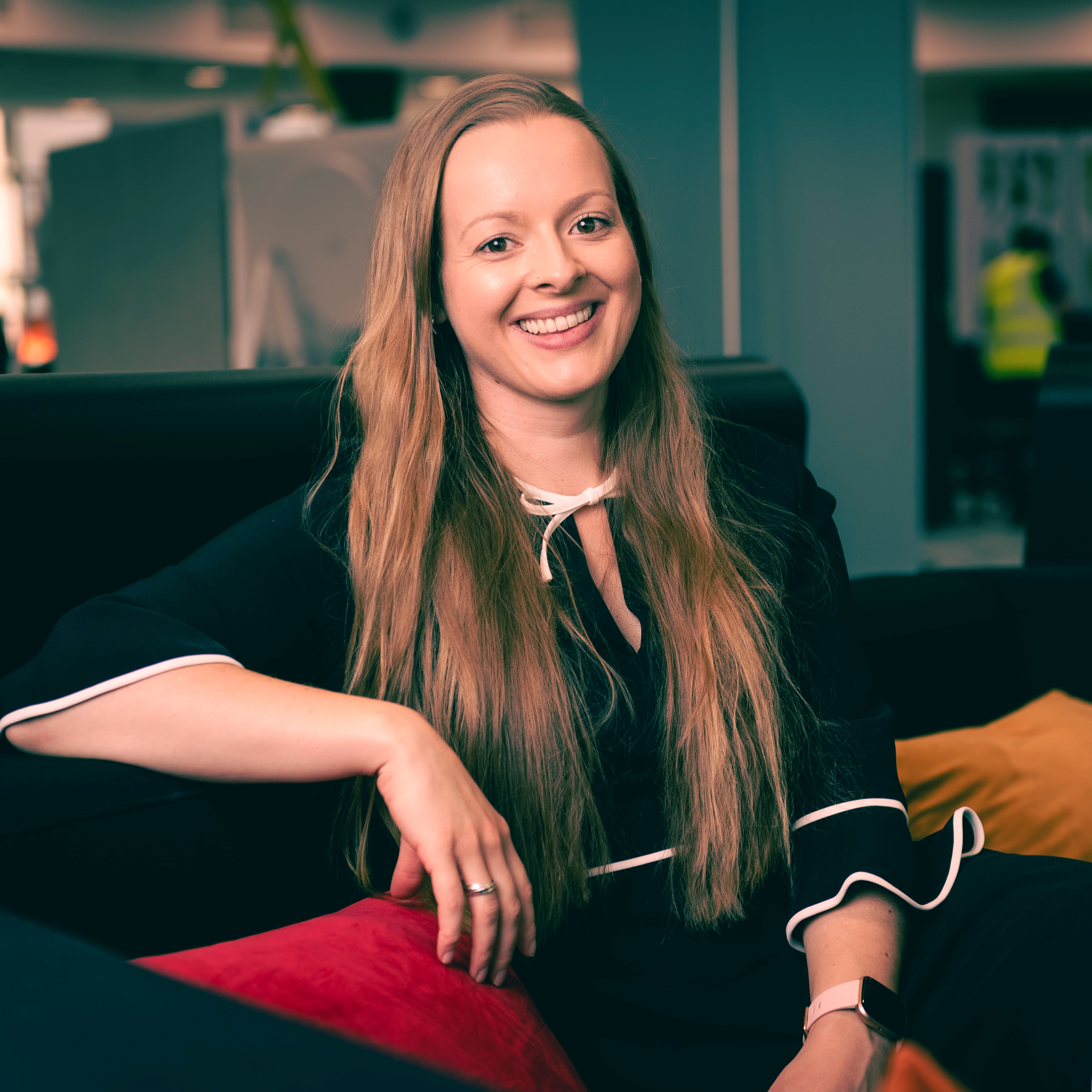
At Defence Equipment and Support (DE&S), we’ve partnered with the National Autistic Society (NAS) to develop and implement an exciting pilot scheme specifically for people with autism. People with autism have great skillsets to offer an organisation and yet, according to the latest ONS report, only 22% of autistic adults are in some form of employment. As such, we wanted to support NAS’s Autism at Work programme to develop our own autism-friendly recruitment process, to help more people with autism secure work at DE&S and join a diverse and inclusive workplace where they can really make a difference.
“NAS has been incredibly helpful in all aspects of the scheme to make sure we’re as autism-friendly as possible, while maintaining our ethos of being fair to all candidates”
– Ceri, DE&S Recruitment Marketing Specialist
Removing barriers for autistic candidates
Our pilot scheme launched in June 2021 and was advertised through NAS and their networks. We tailored our application process to ensure it was autism-friendly, and created information packs and a video tour.
When it came to tailoring the advert we had to ensure it was concise, clearly presented, used friendly language and didn’t contain any jargon or unnecessary information. We also thought about what skills we were listing as essential; some standard skills that are normally listed on job adverts such as ‘great communication skills’, could cause neurodiverse people to avoid applying if they don’t feel confident in these areas. If this wasn’t necessary to the role, then we removed these and focused purely on role specific details.
We also amended our interview process to include a practical assessment that was tailored to the vacancy, which candidates could complete prior to the interview.
Showing what to expect
The video tour was filmed from a candidate’s perspective and showed different areas of DE&S to make sure that it was an environment in which candidates with autism would like to work in, and so they would know what to expect. It showed sensory triggers like lighting and noise levels in the office alongside office size, break rooms, canteen spaces and toilets. Our goal was to minimise any anxiety and give a realistic depiction of what the office environment is like.
A skills-based assessment
Some neurodivergent candidates can struggle with interviews, open ended or hypothetical questions, and understanding how much information to provide. However, everyone is unique and has their own preferences and so we wanted to provide a way of interviewing candidates that would enable them to portray as much of their skills and competencies as possible.
We opted to split the interview into two sections: one part consisted of questions related to the behaviours required for the role, which were sent to the candidates ahead of the interview, and the second part was a skills-based assessment.
The skills-based assessment was tailored as close to the role as possible so that candidates could get an idea of what they would be doing if successful. The assessment was sent out a week prior to the interview and candidates were given three days to complete and return it to us. During the second part of the interview, the candidates were asked questions about how they completed the practical assessment. The aim was not to assess whether the candidate got the correct answers, but their understanding and the methods they used to complete it.
What does the partnership bring to your scheme?
NAS’s Autism at Work programme ensures that not only are the candidates looked after, but that DE&S staff are fully supported and up-skilled too. We had an amazing Designated Employer Engagement Manager from NAS, who ran Autism Awareness sessions for the organisation, to help educate us all in what autism is, the benefits of hiring autistic candidates and how we can support autistic colleagues. NAS has been incredibly helpful and approachable in all aspects of the scheme to make sure we’re as autism-friendly as possible, while maintaining our ethos of being fair to all candidates.
“We’re striving to create an inclusive environment and we want the key skills and experiences that only a diverse workforce can bring.”
How does it feel to be involved in such a forward-thinking programme?
It’s really rewarding to be part of this programme. To have been entrusted to reach out to create partnerships and review our recruitment processes to implement positive change, that help make it possible for people who may have experienced barriers into recruitment be successfully offered a role, is something I’m really proud to have worked on. This programme has taught me so much and being a part of implementing a scheme that is challenging the norm to help create an inclusive environment has been really fulfilling.
Why is having lots of different people here important for our culture?
Employing lots of people from lots of different backgrounds enriches our culture and helps support people to feel comfortable to be their own authentic selves. Everyone has their own unique background and experience, and harnessing this brings an assortment of skill sets and innovative ideas into the organisation. These fresh perspectives are vital to ensuring our organisation can achieve our overall goal of delivering vital defence projects – giving the Armed Forces a competitive advantage to succeed.
What feedback mechanisms are in place that enables people to have their opinions heard across the organisation?
Within HR , we have regular team meetings that are a great way for us to connect. Led by Senior Leadership, they provide important updates but are also a great way to have our opinions heard. Senior leaders are welcoming and encourage us to ask questions, and regularly provide anonymous surveys so that we can all feel comfortable to give honest feedback.
Our staff networks are also a great way to be a part of key conversations and implement positive change. All our networks are championed by a senior leader, run by dedicated volunteers and open to everyone. This provides a great platform for everyone to discuss important topics, raise any issues, and celebrate key events throughout the year.
How does your team recognise colleagues’ achievements?
Within my team, Talent Acquisition, we have a ‘Positivitree’, where people can submit an ‘e-leaf’ of positive feedback to celebrate people’s successes, or simply to say ‘thank you’ and give a shout out to colleagues. These are shared weekly during our team meetings and are a great way to share some weekly positivity and for us to hear what the rest of the team has been up to. We also have a wider HR Employee of the Month scheme where colleagues can nominate each other for their hard work and contributions. There are also in-year recognition awards, such as sending E-Cards, gift vouchers, and higher value awards for high-impact work.


